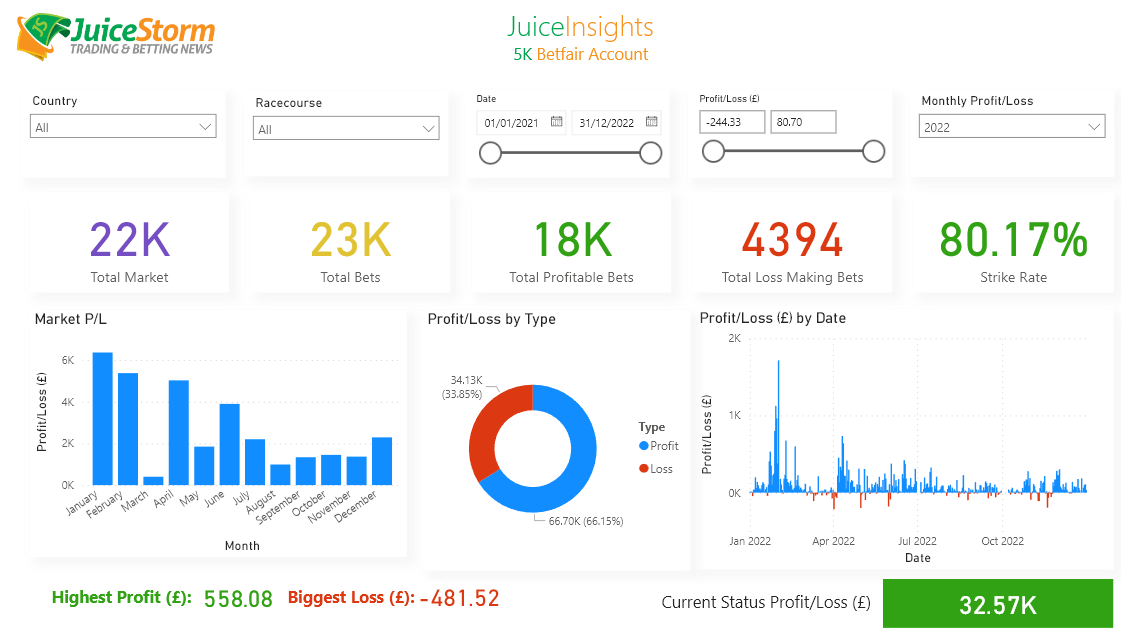Fake News and Facebook Impersonators
Sierra Leone was the first country to hold a national election on the blockchain
- Digitex Has Been Two Years in the Making - November 27, 2019
- Digitex Futures Is Ready to Revolutionize Futures Trading - November 26, 2019
- With 4 Days to Go, Check Out the Progress on the Digitex Testnet - November 26, 2019
Elon Musk is Satoshi Nakamoto. What do these statements have in common? The answer is that all of them are false statements. Or, as the current U.S. president would put it, fake news.
The Danger of Fake News in the Cryptosphere
At one time or another, all these stories have done the rounds in the cryptosphere, purported as facts. Telling truth from fiction in the world of crypto has always been challenging, and it doesn’t seem to be getting any easier.
Of course, part of the reason is that the pace of the news cycle never goes any slower than breakneck and the crypto markets are open 24/7. With everything moving so fast, it’s inevitable that news outlets won’t always get things 100% correct at the time of publication. And who cares about a few factual inaccuracies around elections in Sierra Leone, if nobody is actually getting hurt?
There are many problems with this approach, though. Firstly, if the news is fake, people stop trusting the news. Secondly, if truth holds no value, the doors are open for fraudsters and impersonators to move among our community unscathed. Which is an even worse problem, that’s still all too common.
The Impersonation Situation
The idea of Elon Musk being Satoshi Nakamoto is patently ridiculous. We don’t know much about Satoshi, but one thing we do know is that he’s a famous recluse. Elon… well, let’s just say that reclusiveness isn’t one of his many qualities.
Unfortunately, many people are all too willing to believe this kind of fake news. Therefore, it’s no surprise that the crypto community has become so vulnerable to impersonation scams, or that so many opportunists use the impersonation method to swindle honest people out of their crypto holdings.
Because the crypto community exists almost entirely online, social media provides the ripest stalking ground for impersonation scams and fake groups. While Twitter, Facebook, and Google all moved to ban crypto-related advertising in 2018, none of them have been able to handle the massive volumes of fake accounts that spring up to imitate crypto influencers and other high-profile accounts.
For example, in November last year, the Twitter account for retail brand Target got hit. Someone managed to take over the account and started using it to stage a “Bitcoin giveaway.” Typically, these deceptors will ask for some crypto but say you’ll get a larger amount back (tip: you won’t). Often, they’re trying to harvest private keys. Only hours after the Target incident, Google’s G-Suite Twitter account also got hijacked for a similar kind of fraud.
Facebook – A Paradise for Bad Actors
Facebook users also face challenges. Last year, Vitalik Buterin expressed his frustration that he couldn’t report people impersonating him on Facebook because, ironically, he doesn’t actually have a Facebook account.
However, because the Facebook interface is vastly more complex than Twitter, there are even more opportunities for bad actors. Ads, groups, and pages are all fair game when your game is ripping people off.
For example, late last year, news reports emerged that a new crypto scam in the form of a sponsored ad was being used to steal sensitive data. Those who clicked were redirected to a fake CNBC page, with an article about how a particular crypto token was being adopted by Singapore as its national currency.
The platform itself is engaged in its own battle to fight fake accounts, but it seems to be a losing one. Facebook deleted almost as many fake accounts as the entire number of active accounts it has in the first quarter of this year, taking down a full 2.2 billion.
At Digitex, we know the dangers of fake Facebook pages and groups all too well. A cursory search turns up all kinds of illegitimate pages and posts. Many are pretending to give away DGTX, using our logo and Adam’s name to ask people for their private keys.
For the record, Digitex would never ask for anyone’s private keys. For that matter, neither would any other honest entity or individual. The first rule of crypto is never, ever, give away your private keys. It makes us angry that these unscrupulous individuals try to exploit our strong brand and smear our reputation in this way, and sad that anyone loyal to Digitex may get lured in by these lousy tricks.
Taking Action
Last week, we announced the launch of the Digitex Task Force. The Task Force is a small group of individuals who earn a small amount of DGTX tokens for helping us to weed out and report impersonators and fake accounts across all platforms – Facebook, Twitter, Telegram – anywhere. The Task Force helps us to protect our name and our community and gives its members the chance to earn some DGTX in return for doing so.
However, we’d also like to make an appeal to the broader crypto and blockchain community, including our peers in blockchain startups, exchanges, and wallet providers. Everyone needs to work together to raise awareness and quash these deceptions before they have a chance to embed themselves.
Trust is one of the best selling points in encouraging newcomers to adopt crypto. A culture of honesty will help the entire ecosystem to thrive.





